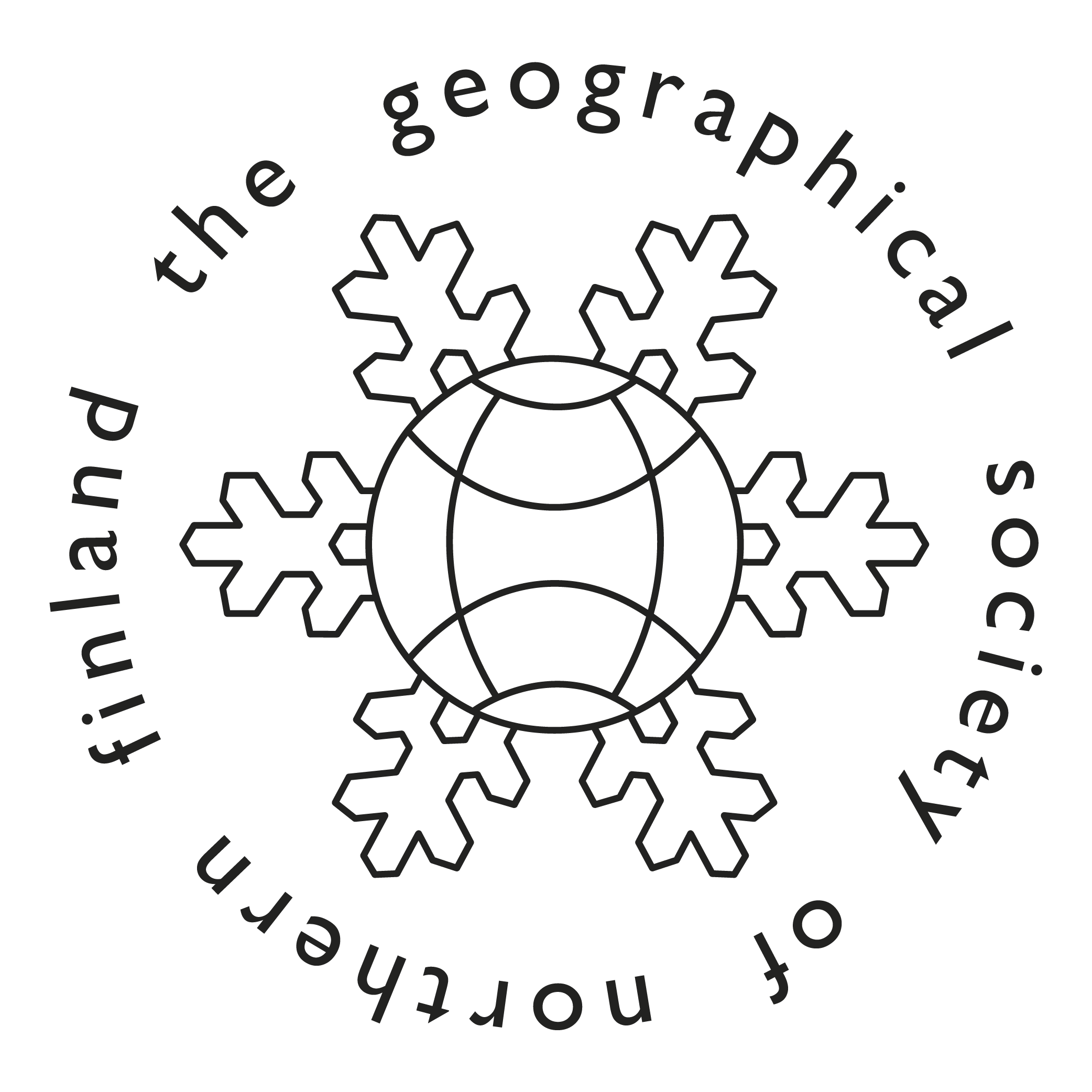Transformative Transparency for Local Natural Resource Revenue Management
DOI:
https://doi.org/10.30671/nordia.159825Abstract
Extractive sector transparency has emerged as an important policy tool in addressing resource-related challenges. However, the implementation of extractive sector transparency initiatives has not often had transformative impacts on the ground. The initiatives often fall short in increasing public knowledge of the sector and revenue management, and fail in enhancing public’s capacity to discipline powerholders' behaviors. This thesis proposes that for a transparency initiative to be transformative, it needs to move beyond information disclosure and focus on the state-citizen interaction in natural resource revenue management. In this thesis, transformative transparency refers to a mechanism that simultaneously makes salient information available for the targeted citizen, promotes citizen action, and cultivates decision-maker sensitivity and responsiveness from the outset.
The main objectives of this thesis are to identify and examine conditions that influence transparency transformative processes in natural resources revenue management and investigate how the design and implementation of localized transparency initiatives can be enhanced from the vantage points of citizens. To address these goals, this thesis answers the following overarching questions: 1) What elements are necessary for a transparency initiative to be transformative and how should they be integrated?; 2) What factors impact citizens’ involvement in the transparency processes?; 3) What are the key issues policymakers need to consider when designing a transparency initiative? This thesis answers these questions by assessing the transformative potentials of transparency initiatives and associated policies in places where (1) extraction activities take place, (2) transparency initiatives and associated policies are being implemented, and, importantly, (3) impacted citizens are living.
Using a qualitative case study approach, the thesis focused on two oil-rich districts in Indonesia, Bojonegoro and Pelalawan Districts, that have designed and implemented localized transparency initiatives and related policies to improve their natural resource and their revenue management. It also assessed Indonesia’s Mineral and Mining Laws to investigate the rights and roles of citizens living in resource-rich areas as defined by the state throughout the development and governance of natural resources in Indonesia. Materials for this thesis were collected through 1) document analysis, 2) semi-structured and structured interviews, 3) informal discussions, and 4) non-participatory observations, all conducted in 2018–2022.
This thesis shows that for a transparency initiative to be transformative it must simultaneously include three elements from the outset. These elements include information disclosure, citizen action, and accountability measures to ensure the state actively listens and responds to citizens’ concerns. This thesis develops Transparency Cube that integrates these elements as an analytical framework to design transformative transparency initiatives and assess the transformative potential of existing initiatives. Further, the thesis reveals that citizens’ involvement in transparency processes is influenced by their rights and roles stipulated in extractive sector legislation, the impact of extraction on their everyday lives, and the perceived political distance between citizens and their leaders. Moreover, this thesis highlights the importance of identifying the target audience and the contextual and spatial conditions of the place where targeted citizens live, and where the initiative will be implemented. All these are crucial considerations when designing a transparency initiative for a specific place.
This thesis contributes to the academic and scientific discussions on transparency in extractive sector management in four ways. First, it adds to the discussions on what constitutes transformative transparency in the extractive sector and its revenue management. Second, the thesis proposes a Transparency Cube as an analytical framework to facilitate research on the effectiveness of transparency initiatives that work through state-citizen interaction. Third, it emphasizes the roles of place of extraction to influence citizens’ involvement within and throughout the transparency process. Fourth, it highlights the dissonance between the elite’s transparency narratives and citizens' interpretations of transparency in natural resources revenue management by focusing on the power dynamic between these groups.
In conclusion, this thesis challenges the assumption that transparency can be universally applied across all locations and contexts, an assumption that often disregards the spatial and everyday realities of citizens affected by extractive industries. Instead, the thesis deals with the transformative process of transparency by investigating the design and implementation of localized transparency initiatives and related policies from the vantage points of citizens living close to extraction sites. It identifies the key elements necessary for transparency to promote transformative process and provides the proponents of extractive sector transparency and policymakers information about what they need to consider when designing, implementing, assessing, and promoting extractive sector transparency.

Downloads
Published
Issue
Section
License
Copyright (c) 2025 Primi Suharmadhi Putri

This work is licensed under a Creative Commons Attribution-NonCommercial-NoDerivatives 4.0 International License.






